The best time to use appliances with solar panels is during daylight hours to maximize the efficiency of the solar power generated. By using appliances when the sun is shining, you can ensure that you are utilizing the full capacity of your solar panels and reducing reliance on traditional energy sources.
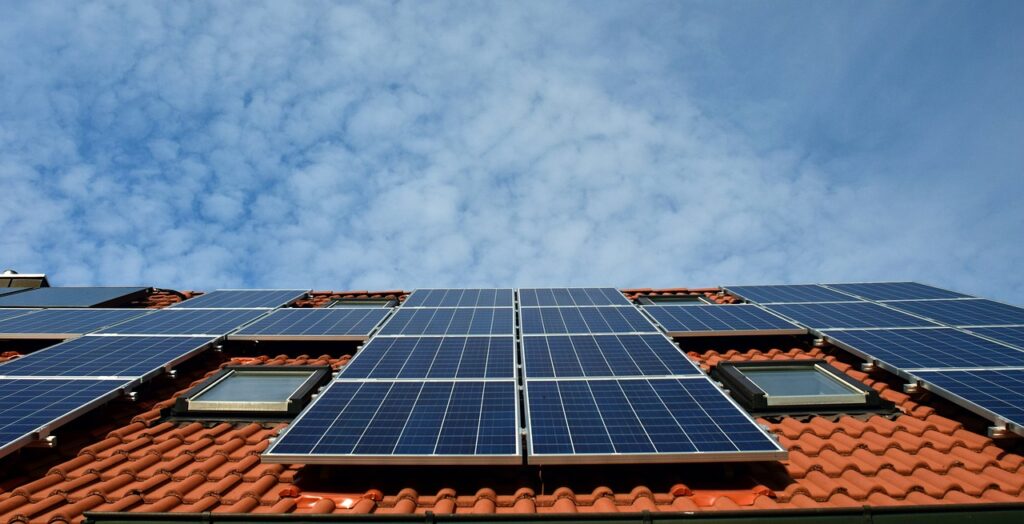
Solar panels generate the most electricity when they are exposed to direct sunlight, which typically occurs during the daytime. Therefore, it is recommended to use appliances that consume high amounts of energy, such as air conditioners and washing machines, during the day to make the most of your solar power system.
This way, you can save on electricity costs and contribute to a greener and more sustainable future.
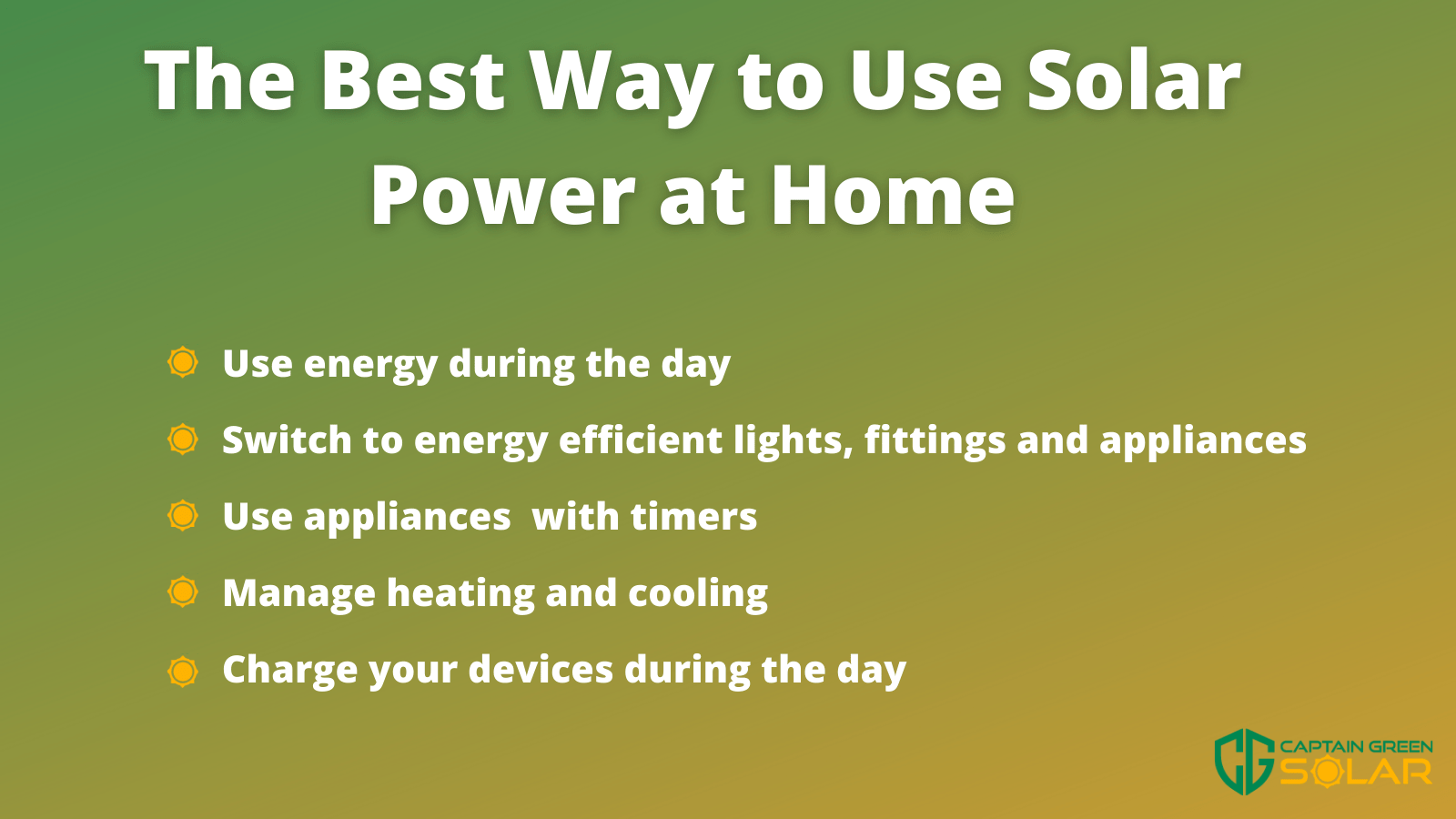
Credit: www.captaingreen.com.au
Benefits Of Using Appliances With Solar Panels
Balancing solar power generation with appliance usage is crucial for optimizing energy efficiency, maximizing self-consumption of solar energy, and minimizing reliance on grid-supplied electricity. Here’s how to achieve this balance effectively:
-
Load Management: Understand the energy consumption patterns of your appliances and devices to schedule their usage during periods of abundant solar power generation. Prioritize high-energy-consuming activities such as laundry, dishwashing, and charging electric vehicles (EVs) when solar production is at its peak, typically during midday hours.
-
Time-of-Use (TOU) Tariffs: If your utility offers time-of-use (TOU) electricity pricing, take advantage of lower electricity rates during off-peak hours and higher rates during peak demand periods. Shift energy-intensive tasks to off-peak times when grid electricity is cheaper, maximizing savings and reducing reliance on grid power.
-
Energy Storage Systems: Install battery storage systems to store excess solar energy generated during the day for use during evenings or periods of low solar irradiance. Battery storage enables you to store surplus solar energy and discharge it when needed, providing energy independence and flexibility in managing energy consumption.
-
Smart Energy Management Systems: Implement smart energy management systems or home automation technologies that automatically control and optimize appliance usage based on real-time energy availability, grid pricing, and user preferences. These systems can prioritize energy-efficient operation, load shifting, and demand response to maximize solar self-consumption and minimize grid reliance.
-
Energy-Efficient Appliances: Invest in energy-efficient appliances and devices that consume less energy, reducing overall electricity demand and increasing the proportion of solar energy utilized for powering your home. Look for ENERGY STAR-rated appliances, LED lighting, and energy-efficient HVAC systems to minimize energy consumption and improve efficiency.
-
Energy Monitoring and Feedback: Monitor your energy usage and solar generation in real time using smart energy monitoring devices or software applications. Track energy flows, identify energy-intensive appliances, and receive feedback on energy-saving opportunities to optimize energy usage and maximize solar self-consumption.
-
Behavioral Changes: Adopt energy-conscious behaviors and habits to reduce unnecessary energy consumption and minimize peak demand on the grid. Turn off lights and appliances when not in use, unplug standby electronics, and practice energy-saving habits to reduce overall energy consumption and reliance on grid-supplied electricity.
-
Grid Interaction and Net Metering: Take advantage of net metering programs or feed-in tariffs offered by your utility to offset grid electricity usage with surplus solar energy exported to the grid. Net metering allows you to receive credits for excess solar generation, effectively balancing solar power generation with grid consumption over time.
Solar panel technology has revolutionized the way we power our homes, offering a sustainable and cost-effective solution to traditional energy sources. Utilizing appliances with solar panels presents numerous benefits, making them a smart choice for eco-conscious homeowners. Let’s explore the advantages of using appliances with solar panels.
Lower Energy Costs
By harnessing the power of the sun, appliances connected to solar panels significantly reduce electricity expenses. This sustainable energy source lowers reliance on the grid, leading to substantial savings over time.
Environmental Sustainability
Using appliances with solar panels aligns with a commitment to environmental preservation. This renewable energy source reduces carbon footprint and contributes to a greener, healthier planet.
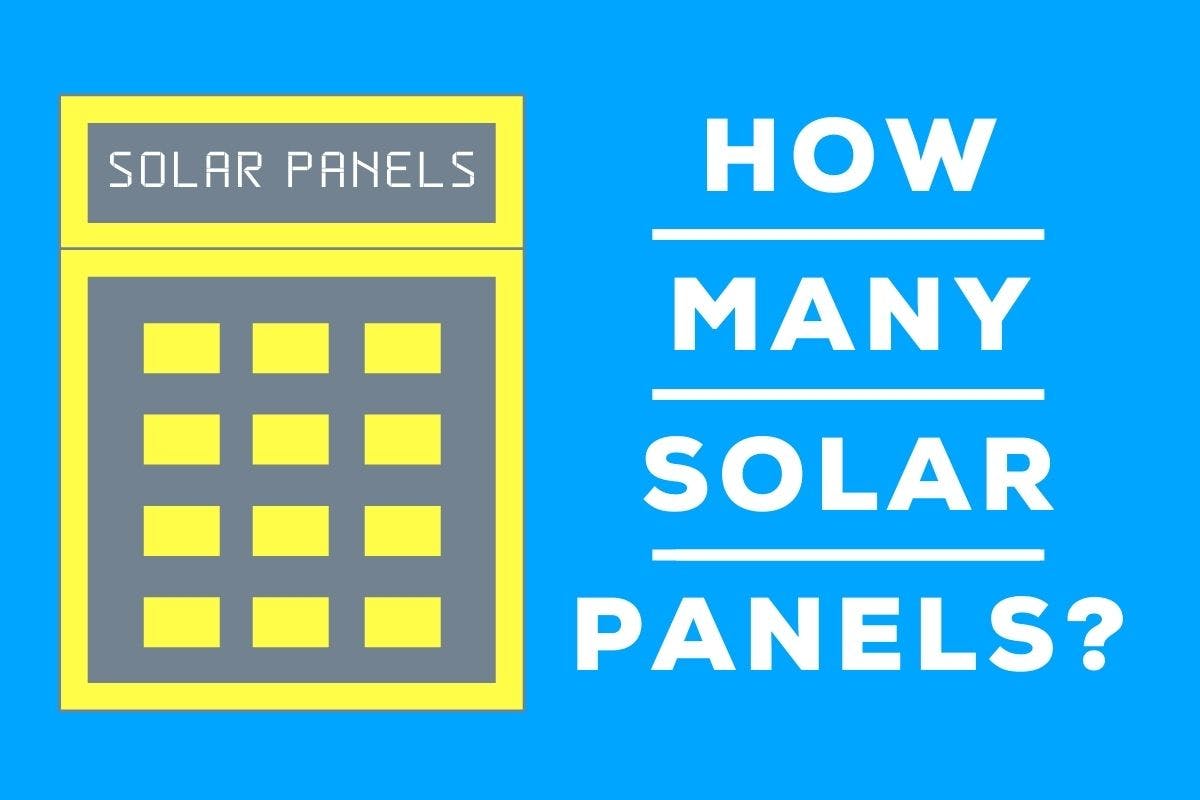
Credit: palmetto.com
Factors To Consider
When determining the best time to use appliances with solar panels, it’s important to consider factors like weather conditions, time of day, and overall energy usage. These elements can affect the efficiency and effectiveness of solar-powered appliances, optimizing their use for maximum energy savings.
Factors to Consider:
When considering solar power for your home or business, several important factors should be taken into account to ensure the best possible outcomes. Here are some key factors to consider:
-
Solar Potential: Assess the solar potential of your location by evaluating factors such as sunlight exposure, shading from nearby buildings or trees, and local weather patterns. A site with ample sunlight and minimal shading will maximize solar energy production and efficiency.
-
Energy Needs: Determine your current and future energy needs to size your solar power system appropriately. Consider factors such as household or business energy consumption, peak demand periods, and potential increases in energy usage over time.
-
Roof Suitability: Evaluate the suitability of your roof or property for solar panel installation. Factors to consider include roof orientation, tilt angle, structural integrity, material type, and available space for mounting solar panels. A south-facing roof with a suitable tilt angle is ideal for maximizing solar exposure.
-
Regulatory Considerations: Familiarize yourself with local regulations, zoning laws, building codes, and permitting requirements for installing solar power systems. Ensure compliance with relevant regulations and obtain necessary permits before proceeding with installation.
-
Financial Incentives: Explore available financial incentives, rebates, tax credits, and financing options that can help offset the upfront costs of solar installation and improve the return on investment (ROI). Incentives vary by location and may include federal, state, and local programs aimed at promoting renewable energy adoption.
-
Budget: Determine your budget for solar installation, including upfront costs for equipment, installation, permitting, and ongoing maintenance expenses. Consider financing options such as solar loans, leases, or power purchase agreements (PPAs) to make solar power more affordable and accessible.
-
Energy Storage: Assess the need for energy storage solutions such as batteries to store excess solar energy for use during periods of low sunlight or grid outages. Battery storage systems can enhance energy independence, provide backup power, and optimize self-consumption of solar energy.
-
Warranty and Maintenance: Evaluate the warranty coverage, performance guarantees, and maintenance requirements offered by solar equipment manufacturers and installation providers. Choose reputable brands with reliable products and warranties to ensure long-term performance and reliability of your solar power system.
-
Solar Installer: Select a qualified and experienced solar installer or contractor to design, install, and commission your solar power system. Research local installers, read customer reviews, and request quotes from multiple providers to compare prices, services, and expertise.
-
Environmental Impact: Consider the environmental benefits of solar energy in reducing carbon emissions, air pollution, and reliance on fossil fuels. Solar power offers a clean, renewable energy alternative that can help mitigate climate change and promote sustainability.
When it comes to using appliances with solar panels, several factors need to be considered. These factors play a crucial role in determining the best time to utilize your appliances with solar energy. Two key aspects to evaluate are the amount of sunlight available and the power consumption of your appliances.
H3: Amount of Sunlight
The amount of sunlight your solar panels receive directly affects their efficiency. Solar panels harness the sun’s energy to convert it into electricity. Consequently, the more sunlight your panels receive, the more electricity they can generate. Before using your appliances with solar panels, it is important to assess the amount of sunlight your location receives throughout the day.
One way to determine the amount of sunlight is by analyzing the solar access available. This involves assessing the shading patterns caused by nearby buildings, trees, or other obstructions that may limit the amount of sunlight your panels receive.
Additionally, considering the orientation and tilt of your solar panels can optimize sunlight exposure. Panels facing south and tilted at an angle equal to your latitude tend to receive optimal sunlight. Therefore, adjusting the position or angle of your panels can maximize their performance.
Another factor to consider is the time of day when sunlight is most abundant. Typically, solar panels generate the most electricity during midday when the sun is at its peak and directly overhead. Therefore, for efficient appliance use, it is advisable to time your energy-intensive activities during this prime sunlight period.
H3: Appliance Power Consumption
The power consumption of your appliances determines the amount of energy required to run them. Different appliances have varying power needs, and it is essential to consider their power consumption when deciding the best time to use them with solar panels.
To determine the power consumption of your appliances, refer to their manufacturer specifications. Look for the wattage rating, which indicates the amount of power the appliance consumes when in use. A higher wattage means more energy consumption.
It is advisable to prioritize using energy-efficient appliances when utilizing solar energy. Energy-efficient appliances consume less power to perform the same tasks, ultimately maximizing the effectiveness of your solar panels. Therefore, replacing older, power-hungry appliances with energy-efficient models can result in substantial energy savings.
Furthermore, timing your appliance usage when solar panels generate a surplus of electricity is beneficial. For instance, running high-power appliances during midday when your solar panels are generating the most energy can minimize reliance on the grid.
In conclusion, considering the amount of sunlight available and the power consumption of your appliances are vital factors when deciding the best time to use appliances with solar panels. Optimizing sunlight exposure and using energy-efficient appliances during peak energy production times can significantly enhance the efficiency and effectiveness of your solar energy system. By strategically integrating these factors, you can maximize the benefits of using appliances with solar panels while reducing reliance on traditional energy sources.
By carefully considering these factors and conducting thorough research, you can make informed decisions about installing solar power and reap the many benefits of renewable energy for your home or business.
Optimal Time To Use Appliances With Solar Panels
To maximize the efficiency of appliances with solar panels, it is best to use them during daylight hours when the sun’s energy is most abundant. This ensures optimal energy production and reduces reliance on conventional power sources.
To maximize the benefits of solar energy and minimize reliance on grid electricity, it’s important to strategically time the use of appliances with solar panels. Here’s how to determine the optimal time to use appliances:
- Peak Solar Generation Hours: Identify the peak solar generation hours when your solar panels produce the most electricity. Typically, this occurs during midday when the sun is highest in the sky and solar irradiance levels are highest. During these hours, solar panels can generate abundant energy to power appliances directly without drawing electricity from the grid.
- Energy Consumption Patterns: Understand your household’s energy consumption patterns and the energy requirements of different appliances. Some appliances, such as washing machines, dishwashers, and electric vehicles, consume a significant amount of energy and are best operated when solar generation is high.
- Load Shifting: Practice load shifting by scheduling energy-intensive tasks to coincide with peak solar generation hours. For example, run your dishwasher, washing machine, or dryer during the middle of the day when solar energy production is at its peak. This allows you to utilize solar energy directly and reduce reliance on grid electricity.
- Battery Storage: If you have a battery storage system installed, consider storing excess solar energy generated during the day for use during evening hours or when solar production is low. Charge your battery during peak solar hours and discharge it when solar generation decreases or when energy demand is high.
- Smart Appliances and Timers: Invest in smart appliances equipped with timers or scheduling features that allow you to control when they operate. Program appliances to run during peak solar hours to maximize self-consumption of solar energy and minimize grid dependence.
- Time-of-Use (TOU) Tariffs: If your utility offers time-of-use (TOU) electricity pricing, take advantage of lower electricity rates during off-peak hours. Shift energy-intensive tasks to off-peak times when grid electricity is cheaper, and use solar energy to offset higher-priced grid electricity during peak hours.
- Real-Time Monitoring: Monitor your solar energy production and household energy consumption in real-time using energy monitoring systems or smartphone apps. This allows you to track energy flows, identify energy-saving opportunities, and adjust appliance usage patterns accordingly.
Peak Sunlight Hours
One of the key advantages of using appliances with solar panels is the ability to harness the sun’s energy to power our homes and devices. To make the most of this renewable resource, it’s important to understand the optimal times to use your appliances to maximize their efficiency.
Peak sunlight hours refer to the period of the day when the sun is at its highest point and provides the most intense sunlight. These hours typically occur between 9 a.m. and 3 p.m., depending on your location and the time of year. During this time, the solar panels on your rooftop receive the highest amount of solar radiation, converting it into usable electricity to power your appliances.
By utilizing your appliances during these peak sunlight hours, you can take full advantage of the maximum solar energy being produced. This ensures that you’re using the cleanest and most cost-effective power source available, minimizing your reliance on traditional grid-based electricity.
Avoiding Peak Energy Demand
In addition to considering peak sunlight hours, it’s also beneficial to align your appliance usage with off-peak energy demand times. Off-peak hours typically occur during the early morning hours before 9 a.m. and late evening hours after 7 p.m., when fewer people are using electricity. During these times, the demand for electricity is lower, which often results in lower electricity rates.
By avoiding peak energy demand periods, you can further optimize the use of your appliances with solar panels. This strategy allows you to reduce your overall electricity expenses and maximize the financial benefits of your solar power system.
To illustrate this, let’s take a look at a table comparing peak energy demand and off-peak energy demand:
| Peak Energy Demand | Off-Peak Energy Demand | |
|---|---|---|
| Time | 9 a.m. – 7 p.m. | 7 p.m. – 9 a.m. |
| Electricity Rates | High | Low |
| Usage Recommendation | Avoid or minimize appliance usage | Maximize appliance usage |
By aligning your appliance usage with off-peak energy demand, you not only save money but also contribute to a more stable and sustainable electric grid. This helps reduce strain during peak demand periods and supports the overall efficiency of the electricity distribution system.
In conclusion, the optimal time to use appliances with solar panels is during peak sunlight hours and off-peak energy demand periods. By following these guidelines, you can maximize the efficiency of your solar power system and reap the financial and environmental benefits it offers.
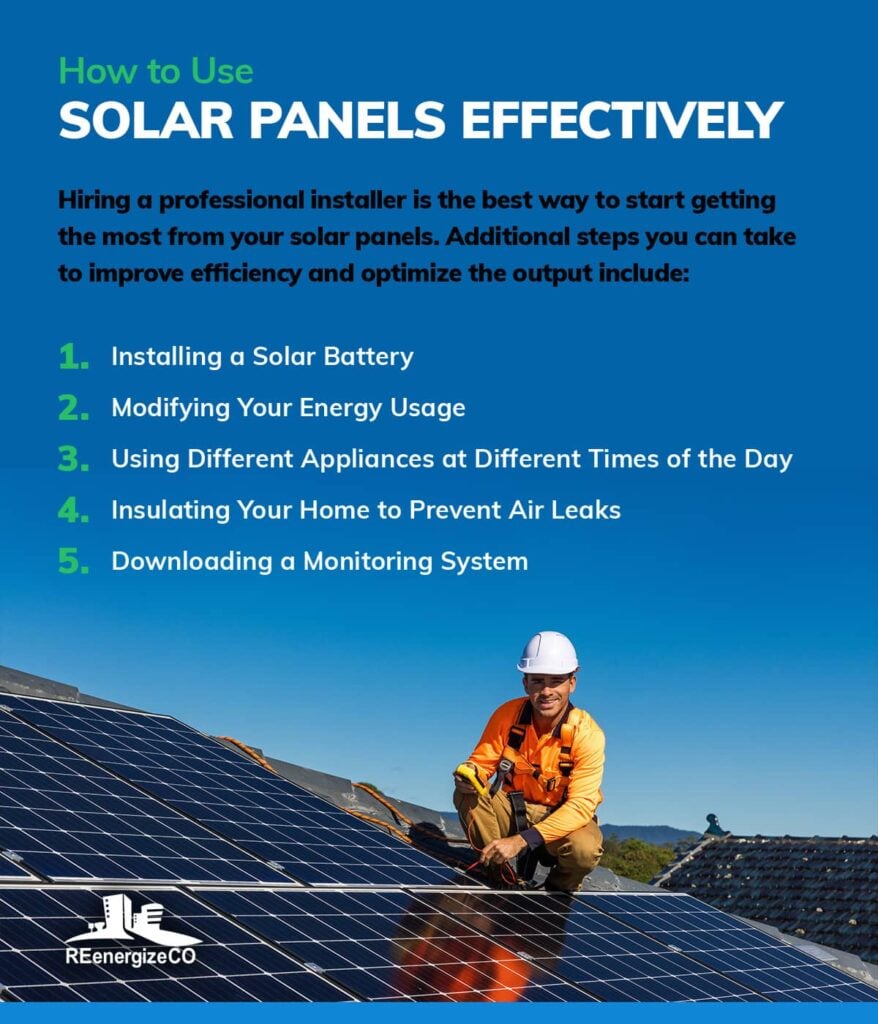
Credit: www.reenergizeco.com
Morning Vs. Afternoon Usage
Morning vs. afternoon usage of appliances can significantly impact your energy consumption and utility bills, especially when considering solar energy generation. Here’s a comparison of morning and afternoon usage with solar panels:
Morning Usage:
- Lower Solar Generation: Solar energy production tends to be lower in the morning hours compared to the afternoon. This is because the sun is lower in the sky, and solar panels receive less direct sunlight.
- Grid Dependency: During the morning, when solar generation is limited, you may rely more on grid-supplied electricity to power your appliances. This can result in higher electricity costs if you’re subject to peak pricing or if you don’t have energy storage to offset grid usage.
- Energy-Efficient Tasks: Morning hours are ideal for completing energy-efficient tasks that don’t require significant electricity consumption. These tasks may include basic household activities such as cooking breakfast, showering, or using lights and electronics.
Afternoon Usage:
- Peak Solar Generation: Solar energy production peaks during the afternoon when the sun is highest in the sky and solar panels receive maximum sunlight. This results in higher levels of solar energy generation and greater potential for self-consumption.
- Maximizing Solar Self-Consumption: Afternoon hours present an opportunity to maximize self-consumption of solar energy by scheduling energy-intensive tasks when solar production is high. This includes running appliances such as washing machines, dishwashers, and air conditioners.
- Reduced Grid Reliance: By utilizing solar energy during peak production hours, you can reduce your reliance on grid-supplied electricity and potentially lower your energy bills. Excess solar energy generated during the afternoon can also be stored in batteries for use during periods of low solar output or in the evening.
Optimizing Usage with Solar Panels:
- Load Shifting: Schedule energy-intensive tasks that require electricity, such as laundry and dishwashing, for the afternoon when solar production is highest. This allows you to maximize self-consumption of solar energy and minimize grid dependency.
- Energy Storage: Consider installing battery storage systems to store excess solar energy generated during the afternoon for use during morning hours or in the evening. Batteries enable you to shift solar energy consumption and enhance energy independence.
- Energy Monitoring: Monitor your solar energy production and household energy consumption in real-time to identify opportunities for optimizing appliance usage and maximizing solar self-consumption.
When using solar panels to power household appliances, it’s important to optimize their usage throughout the day. Understanding the advantages of morning versus afternoon usage can help maximize the efficiency and effectiveness of your solar-powered appliances.
Advantages Of Morning Usage
Morning usage of appliances with solar panels can offer several benefits:
- Maximized Solar Energy: During the morning, solar panels often receive direct sunlight, maximizing the energy production and efficiency of the appliances.
- Peak Energy Demand: Many households have higher energy demands in the morning, making it an ideal time to utilize solar energy for various appliances.
- Cooler Temperatures: Morning hours usually have cooler temperatures, which can increase the efficiency of some solar-powered appliances.
Advantages Of Afternoon Usage
Afternoon usage of appliances with solar panels also comes with its own set of advantages:
- Stores Energy: By the afternoon, solar panels have likely stored enough energy throughout the day to power appliances efficiently.
- Longer Daylight Hours: Afternoon usage benefits from longer periods of daylight, maximizing the solar energy available for powering appliances.
- Energy Demand Peaks: As energy demand often peaks in the afternoon or early evening, using appliances with solar power during this time can offset electricity costs.
Seasonal Considerations
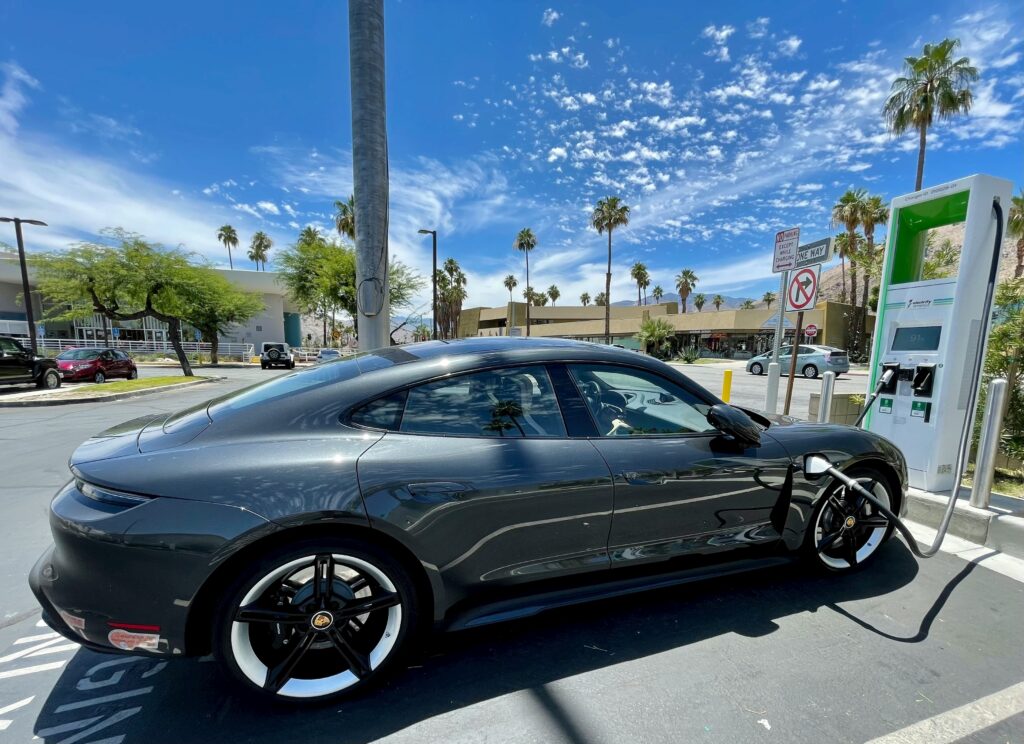
When considering the best time for using appliances with solar panels, seasonal variations play a crucial role. Solar energy production peaks in the summer months due to longer days and increased sunlight. Therefore, it is advisable to utilize solar-powered appliances more during this time to maximize energy efficiency and savings.
Seasonal considerations play a significant role in the performance and efficiency of solar energy systems. Here’s how seasonal factors impact solar energy generation and usage:
- Sunlight Availability: The amount of sunlight varies throughout the year due to changes in the angle of the sun and daylight hours. During the summer months, when the sun is higher in the sky and days are longer, solar panels receive more direct sunlight and produce higher levels of energy. In contrast, solar energy production decreases during the winter months when the sun is lower in the sky and days are shorter.
- Temperature Effects: Solar panel efficiency can be affected by temperature, with higher temperatures leading to a slight decrease in efficiency. While solar panels operate more efficiently in cooler temperatures, excessive heat can cause a reduction in output. Seasonal temperature variations can impact solar panel performance and energy production.
- Weather Patterns: Seasonal weather patterns, such as cloud cover, precipitation, and atmospheric conditions, can influence solar energy generation. Cloudy or overcast days reduce sunlight intensity, resulting in lower solar energy output. Additionally, snow accumulation on solar panels during winter months can temporarily decrease energy production until the snow melts or is removed.
- Energy Demand: Seasonal changes in energy demand may affect the utilization of solar energy. For example, energy demand typically increases during hot summer months due to air conditioning use, which coincides with higher solar energy production. Conversely, energy demand may be lower during milder seasons, requiring less solar energy generation to meet electricity needs.
- Load Profile: Seasonal variations in household or business energy consumption patterns can influence the timing and magnitude of energy usage. For instance, heating and cooling demands may peak during winter and summer months, respectively, affecting the timing of appliance usage and solar energy consumption.
To address seasonal considerations and optimize solar energy utilization, consider the following strategies:
- System Sizing: Size your solar energy system based on seasonal variations in solar irradiance and energy demand. Oversize the system to account for lower winter production and higher summer production, ensuring sufficient energy generation throughout the year.
- Tilt and Orientation: Adjust the tilt angle and orientation of solar panels to optimize energy production based on seasonal changes in the sun’s position. Tilting panels at an angle that maximizes solar exposure during the winter months can help compensate for lower sunlight angles.
- Energy Storage: Install battery storage systems to store excess solar energy generated during peak production periods for use during periods of low solar output or high energy demand. Batteries can provide backup power and help balance seasonal variations in energy production and consumption.
- Energy Efficiency: Implement energy-efficient practices and technologies to reduce overall energy consumption and offset seasonal fluctuations in energy demand. This includes improving insulation, upgrading to energy-efficient appliances, and adopting smart energy management systems.
Summer
During the summer months, the sun is at its strongest, making it the ideal time to take full advantage of solar panel-generated electricity. The longer and sunnier days provide ample sunlight for the solar panels to convert into energy, ensuring maximum efficiency. This means that appliances connected to the solar panels can be used throughout the day without worrying too much about draining the solar energy reserves. It is the perfect season to power up energy-consuming appliances such as air conditioners, refrigerators, or swimming pool pumps.
Winter
Solar panels are still a viable option during the winter months, although there are a few factors to consider. Firstly, the shorter days mean that there is less sunlight available for the solar panels to harness, resulting in a decrease in overall energy production. Secondly, the angle of the sun can affect the efficiency of solar panels. For example, in the northern hemisphere, the sun is lower in the sky during winter, which can reduce the amount of direct sunlight reaching the panels. However, this does not mean that solar panels are ineffective during this season. With proper maintenance and optimization, they can still contribute significantly to powering appliances.
It’s important to note that while solar panels may produce less energy during the winter, they can still supplement the electricity needs of energy-efficient appliances. Consider using solar power for appliances such as LED lights, laptops, or smaller electronics, which require less energy to operate. These appliances can be powered by the consistent trickle of energy from the solar panels even during the winter months. This can help reduce your reliance on the grid and save electricity costs in the long run.
Smart Home Technology
Introduction:
Smart home technology refers to the integration of Internet-connected devices and systems within residential properties to enhance convenience, comfort, security, and energy efficiency. These interconnected devices, often referred to as the Internet of Things (IoT), can be controlled and monitored remotely via smartphones, tablets, or voice assistants. From thermostats and lighting to security cameras and appliances, smart home technology offers homeowners greater control and automation over various aspects of their living environment. With the ability to customize settings, receive real-time alerts, and optimize energy usage, smart home technology is revolutionizing the way we live, making homes more efficient, comfortable, and secure than ever before.
Smart Home Technology is revolutionizing the way we use appliances in our homes. By integrating with solar panel systems, these smart appliances can reduce our reliance on the grid and maximize the use of renewable energy. In this section, we will explore how managing appliances’ energy consumption and integrating with solar panel systems can help determine the best time to use appliances with solar panels.
Managing Appliances’ Energy Consumption
Appliances play a significant role in our daily lives, but they consume a considerable amount of energy. By effectively managing their energy consumption, we can make the most of solar power. Here are a few ways to do so:
- Upgrade to Energy-Efficient Appliances: Modern appliances come with energy-saving features that can significantly reduce their electricity usage. Look for appliances with the Energy Star label for optimal efficiency.
- Set Timers and Schedules: Many appliances allow you to set timers and schedules to control when they operate. By aligning their usage with peak solar production times, you can ensure they run on clean, renewable energy.
Integrating With Solar Panel Systems
Integrating your appliances with solar panel systems takes energy optimization to the next level. Here’s what you need to know:
- Monitor Solar Production: By monitoring your solar panel system’s production, you can identify the periods of highest and lowest energy generation. This information helps you plan when to use appliances.
- Use Energy Management Systems: Energy management systems allow you to track and control the energy consumption of your appliances. With the integration of solar panel data, these systems enable you to optimize energy usage and maximize the benefits of solar power.
Overall, smart home technology offers exciting possibilities for using appliances with solar panels more effectively. By managing energy consumption and integrating with solar panel systems, you can make the best use of renewable energy and reduce your environmental footprint.
Balancing Solar Power Generation And Appliance Usage
Balancing solar power generation with appliance usage is essential for optimizing energy efficiency, maximizing self-consumption of solar energy, and minimizing reliance on grid-supplied electricity. Here’s how to achieve this balance effectively:
-
Understanding Solar Production: Monitor your solar panel system’s production to determine when it generates the most energy. Solar production typically peaks during midday when sunlight is strongest. Use this information to plan your appliance usage accordingly.
-
Time Appliance Usage: Schedule energy-intensive tasks, such as laundry, dishwashing, and vacuuming, during peak solar production hours. This allows you to utilize solar energy directly, reducing the need to draw power from the grid.
-
Use Energy Storage: Invest in a battery storage system to store excess solar energy generated during the day for use during periods of low sunlight or at night. Battery storage allows you to maximize self-consumption and minimize grid reliance, especially during peak demand periods.
-
Prioritize Energy-Efficient Appliances: Choose energy-efficient appliances that consume less power. Energy-efficient appliances not only reduce overall electricity consumption but also make it easier to operate them with solar power.
-
Monitor Energy Usage: Use smart energy monitoring systems to track your home’s energy usage in real-time. This helps you identify energy-hungry appliances and adjust their usage patterns to align with solar production.
-
Implement Automation: Use smart home automation systems to control appliances based on solar production levels. For example, you can program your dishwasher to start automatically when solar production is high or adjust your thermostat settings to optimize energy usage.
-
Optimize Solar Panel Placement: Ensure that your solar panels are properly positioned and angled to maximize sunlight exposure throughout the day. Proper placement can increase solar production and improve overall energy efficiency.
-
Educate Household Members: Encourage household members to be mindful of energy usage and the availability of solar power. Educate them about the benefits of using solar energy and how their actions can help maximize its utilization.
When using appliances with solar panels, it’s crucial to balance the energy generation from the panels with the usage of appliances. Monitoring solar energy generation and scheduling appliance usage are two key strategies to optimize the use of solar power.
Monitoring Solar Energy Generation
Monitoring the solar energy generation allows you to understand how much power your panels produce at different times of the day. This information helps you identify the best times to use energy-intensive appliances, such as washing machines or dishwashers. By using these appliances when the sun is shining, you can maximize the utilization of solar energy and reduce reliance on the grid.
Scheduling Appliance Usage
To further optimize the use of solar power, scheduling appliance usage is key. By aligning the operation of appliances with peak solar power generation times, you can minimize the draw on traditional energy sources. Consider running your dishwasher or charging electronic devices during the daytime when the sun is abundant, rather than during the early morning or evening when solar production may be limited.
Frequently Asked Questions For When Is The Best Time To Use Appliances With Solar Panels
What Is The Optimal Time To Use Appliances Powered By Solar Panels?
Using solar-powered appliances during daylight hours when the sun is shining the brightest is the best time.
Can Appliances With Solar Panels Be Used At Night Or During Cloudy Days?
Appliances with solar panels can be used at night by utilizing stored battery power or during cloudy days, although their efficiency may be reduced.
How Can I Maximize The Use Of Solar-powered Appliances?
Using solar-powered appliances during peak sunlight hours and adjusting consumption based on weather conditions can optimize their usage.
Conclusion
The best time to use appliances with solar panels is during peak sunlight hours. By using appliances when solar energy production is at its highest, you maximize your savings and reduce reliance on the grid. Being mindful of peak hours can help you get the most out of your solar-powered appliances.